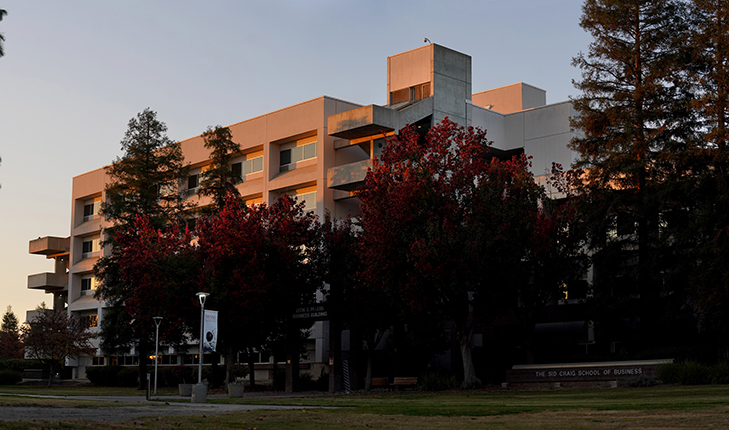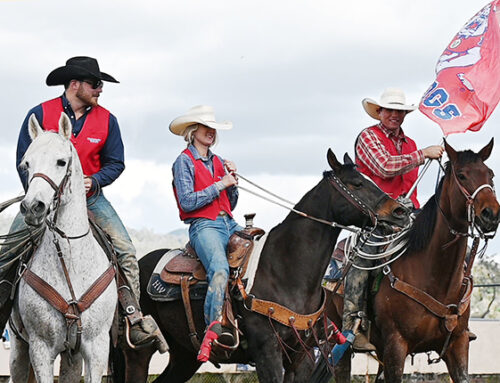Could housing prices affect the outcome of the 2024 presidential election? Property values can influence homeowning voters to switch political parties, according to a research article co-authored by Fresno State Professor Andres Jauregui, director of the Gazarian Real Estate Center at the Craig School of Business.
 “Housing Performance and the Electorate,” co-written by Erin Cifci of Austin Peay State University, Alan Tidwell of the University of Alabama, J. Sherword Clements of Virginia Tech and Jauregui, was published in the Journal of Real Estate Research.
“Housing Performance and the Electorate,” co-written by Erin Cifci of Austin Peay State University, Alan Tidwell of the University of Alabama, J. Sherword Clements of Virginia Tech and Jauregui, was published in the Journal of Real Estate Research.
Jauregui and his colleagues tested the hypothesis that voters are motivated to vote for the party they perceive as beneficial to their property values. The study analyzed how local housing markets affected county-level voting patterns across the United States during the past six presidential elections.
“Our study confirms that voters are significantly concerned about the value of their homes and will reflect these concerns at the polls,” Jauregui said.
The researchers found a strong correlation between housing prices and voter behavior. Voters in counties with strong real estate prices in the four years leading to an election were more likely to switch parties to support incumbents. In contrast, voters in counties with declining real estate prices were more likely to switch parties to support challengers.
The article said the correlation is strongest in the years closest to an election and in counties with the highest property values. Swing counties where the majority vote frequently switches between parties are particularly sensitive to changes in local real estate prices.
Will the current high price of real estate swing the election in favor of incumbent candidates? Jauregui said the effect on voting patterns is subtle, but in crucial swing counties, steady property values might make a difference.
“The empirical evidence indicates that housing market performance in swing counties could be more of a determining factor than previously thought,” Jauregui said.
The study is the first investigation of how property values affect voting, and it has attracted coverage from The American Prospect, Newsweek, Realtor, AOL, the UK-based website This Is Money and other media outlets.





